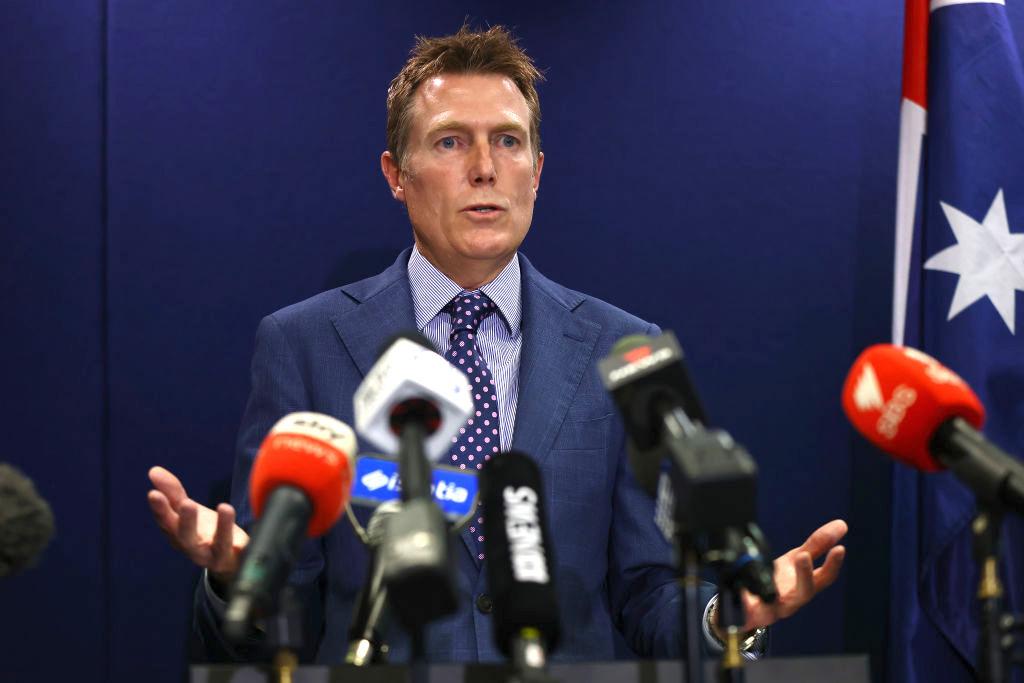Commentary
Australia’s Attorney-General Christian Porter is seeking aggravated damages against the ABC—Australia’s state-owned broadcaster—over a story written by journalist Louise Milligan.


Australia’s Attorney-General Christian Porter is seeking aggravated damages against the ABC—Australia’s state-owned broadcaster—over a story written by journalist Louise Milligan.